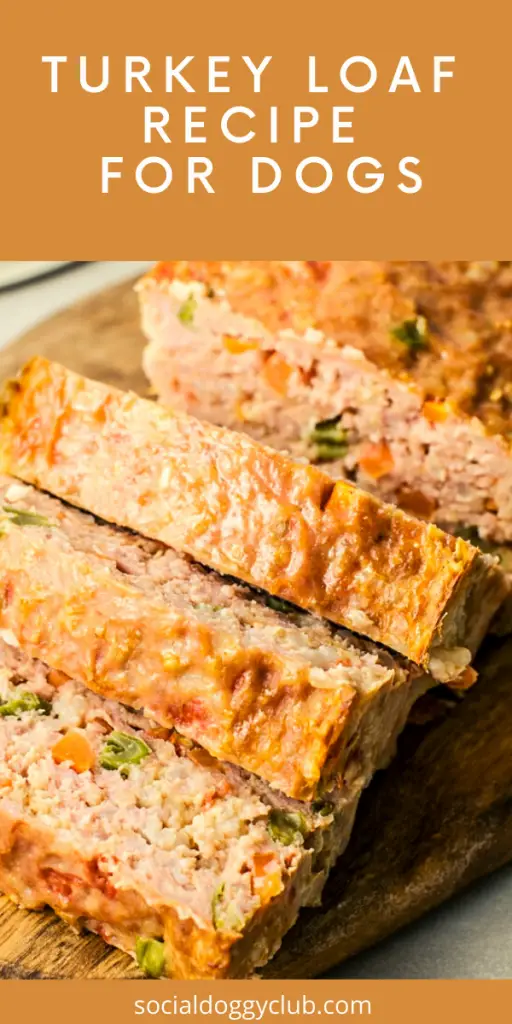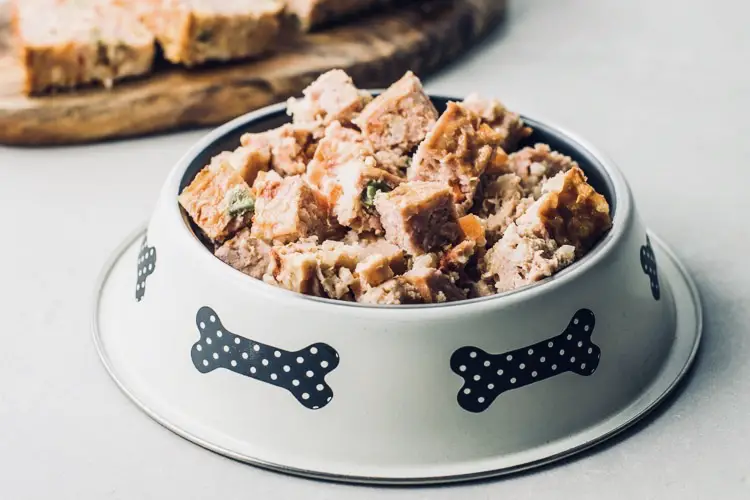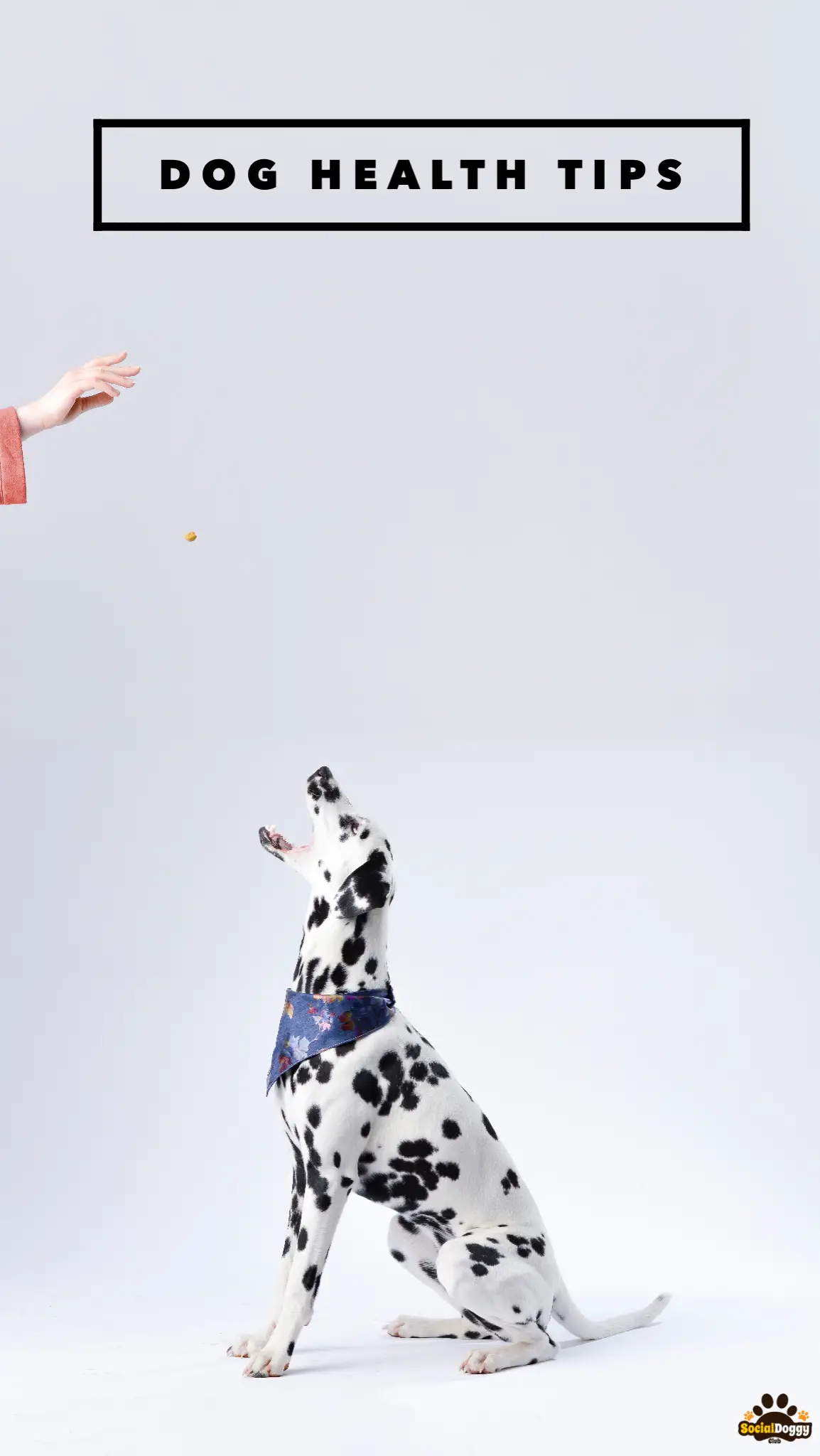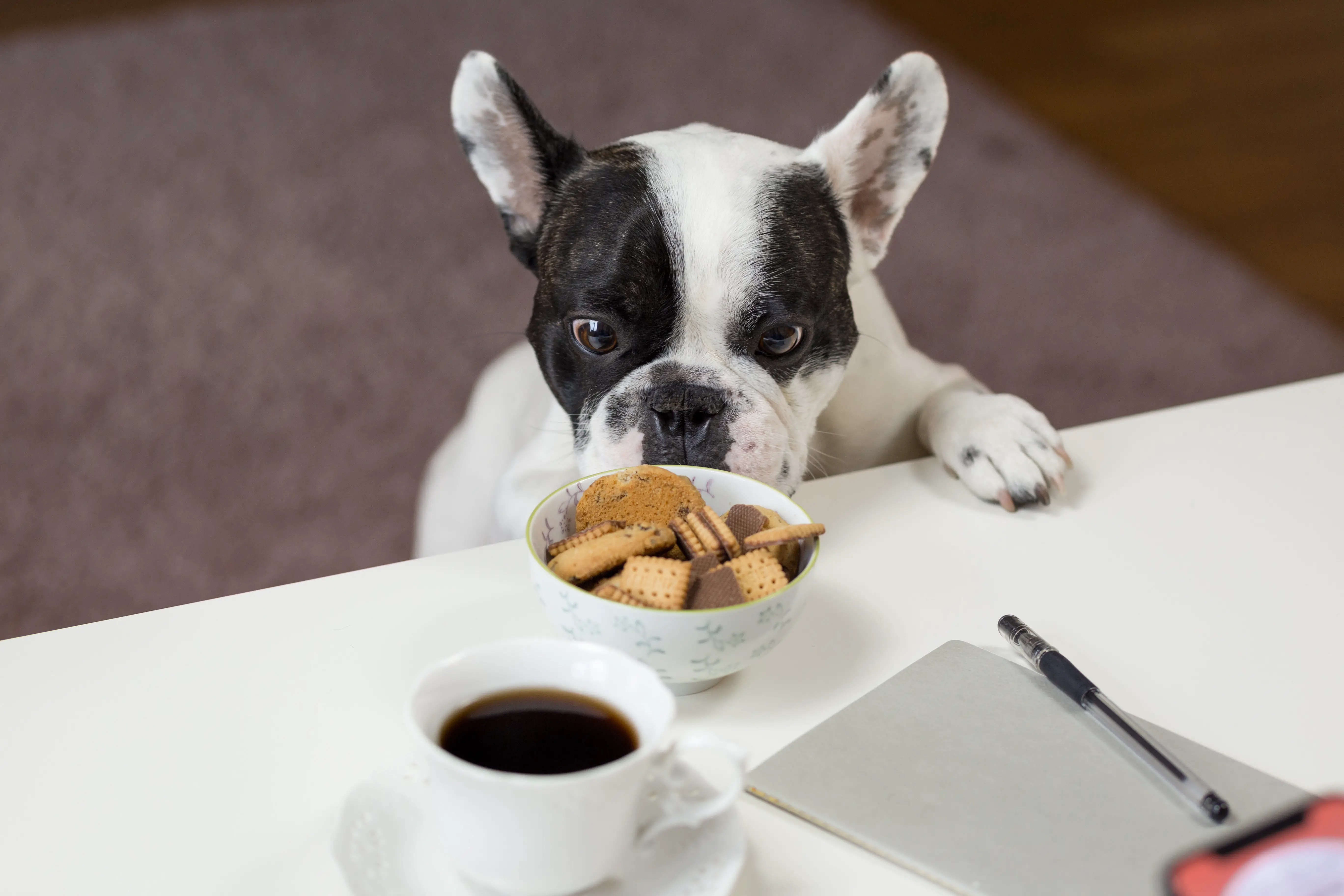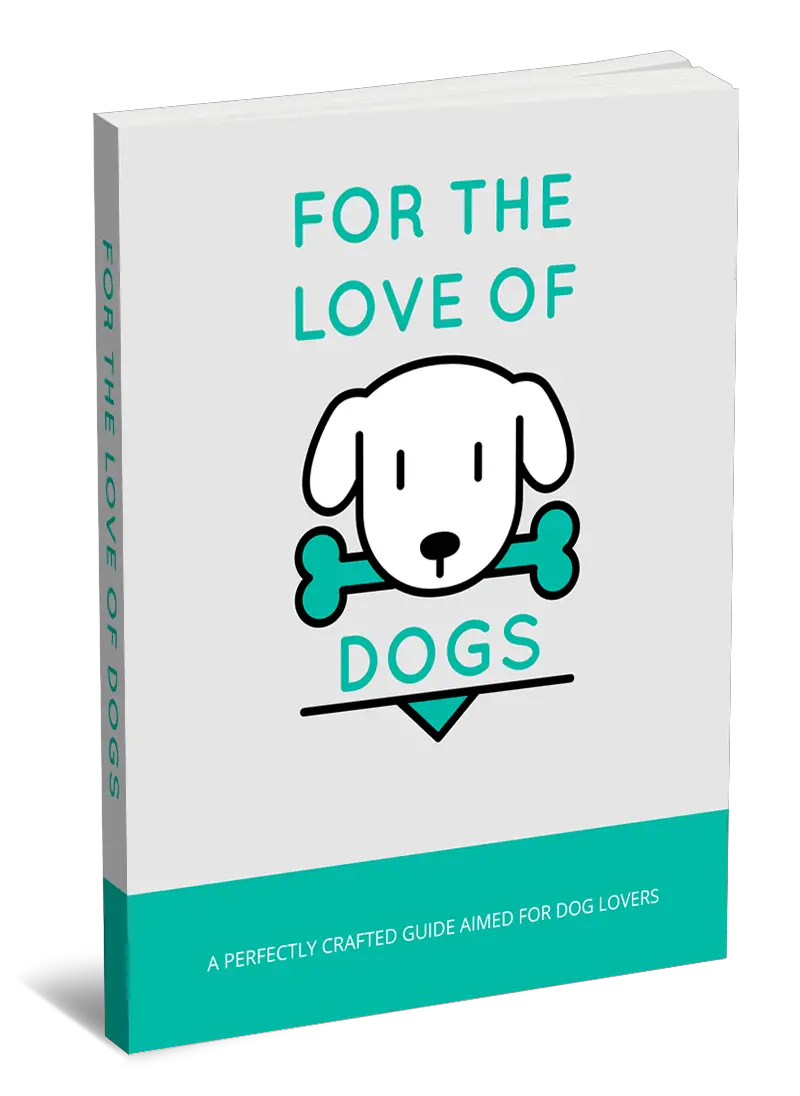If you’re seeking out recipes that your puppy will cherish that are super solid and nutrient-rich look no further. As you know, there’s are many dog recipes to choose from. We looked through a large amount of recipes and formulas and took the best of the best and put them here in one blog post.
These recipes will work for you whether you’re the owner to a new excited puppy or have an older dog with certain needs. These formulas are nutritious, wholesome and all types of dogs adore them.
There’s nothing like making your dog’s food in order to be sure that they are getting exactly what they need in their diet. But for a few the thought of hand making dinners is a time consuming deal we don’t have sufficient hours within the day for.
That’s why when selecting these 6 recipes we made sure that they were simple to create, both in regards to the ingredients and the time and steps to form them. Since we’ve done all of the research for you, tap through our list of astonishing recipes and be sure bookmark your favorites!
Also keep in mind any food allergies or dietary confinements your dog may have, and be sure to contact your vet before making the move over to hand crafted meals and how your dog could possibly be affected.
Contents
Should You Feed Your Dog a Homemade Diet?
The first thing to consider is if you should feed your dog a homemade diet. The answer is yes, but only if it fits into your lifestyle. It’s important to note that while some people love the idea of feeding their dog a homemade diet, others think it’s not worth the effort. This is because most commercial diets are designed to meet the nutritional requirements of puppies and adult dogs. However, this doesn’t mean that you can’t make a homemade diet for your dog. In fact, it’s quite easy to do so.
How to Prepare Homemade Food for Dogs
When preparing a diet at home, it is essential that we follow a recipe that is comprehensive and balanced. This ensures that our dogs receive everything they require for optimal health and wellness. A healthy pet requires proper nutrition, including protein, carbohydrates, vitamins, minerals, fats, fiber, water, and treats.
Once you and your veterinarian have selected an appropriate recipe, it’s time to get started. Before you begin, it’s best if you have prepared a food scale, food processors, pots and pans, containers or bags for portioned the food, and clean areas where you plan to prepare the food.
Purchase fresh, quality ingredients that are not canned or heavily processed. These items include whole foods such as vegetables, fruits, meats, eggs, and dairy products. Avoid purchasing pre-packaged foods because they often contain preservatives and additives that could cause harm to your dog.
Measure out the ingredients. Make sure that the amount of each ingredient is correct; do not over measure. If you under-measure, your dog may end up eating too much, while if you over measure he/she might eat less than what is required.
If you are making a dry kibble, place the measured ingredients into a large pot. Add enough cold water to cover the ingredients completely, and bring the mixture to a boil. You want to make sure that there is no air trapped within the liquid. Remove the pot from heat once the ingredients reach a full rolling boil. Allow the mixture to cool slightly before adding the salt. Stirring continuously, slowly add the salt to the mix. Continue stirring until the salt dissolves.
For homemade wet food, combine the measured ingredients in a bowl. Mix thoroughly, ensuring that no lumps remain. Place the bowl in a larger container filled with ice, and allow the mixture to chill completely. Once cooled, transfer the chilled mixture into a blender or food processor. Blend the mixture until smooth. Pour the blended mixture into a storage bag or container. Seal the bag or container tightly, label, and store in the refrigerator.
Store leftovers in the freezer for future use. To thaw frozen meals, simply place the container in a sink filled with warm water. Allow the contents to defrost overnight in the fridge.
What to Watch for When Feeding Homemade Dog Food
Homemade diets are great for dogs because they’re often low in preservatives, additives, and fillers. However, it’s important to make sure that what you feed your pet isn’t harmful to him or her. If your dog is overweight or underweight, it’s important to weigh him regularly and consult with your veterinarian about how much he weighs and his current health status. Also, watch for sudden weight loss or gain; if your dog loses weight suddenly, check with your veterinarian immediately. This could indicate something serious like kidney disease, liver failure, pancreatitis, or cancer.
If you’ve been feeding your dog commercial dry kibble, switching to a homemade diet might seem overwhelming. But don’t worry, there are some things you’ll want to do to ensure that your dog gets the nutrition she needs. Here are six tips to help you transition to making your own dog food.
1. Choose Your Ingredients Carefully
First, choose your ingredients carefully. You want to find foods that meet your dog’s nutritional needs, but avoid those high in fat, salt, sugar, and calories. Look for recipes that include protein sources such as chicken, fish, eggs, beef, lamb, turkey, and soybeans. Avoid grains, legumes, potatoes, and sweeteners like honey and molasses.
2. Make Sure Your Recipe Is Nutritious
Next, make sure your recipe is nutritionally balanced. Read ingredient labels to determine if your recipe includes enough vitamins and minerals. Be careful around fiber, though. Some recipes contain too much fiber, which can lead to constipation. Instead, look for recipes that use whole grain cereals, fruits, vegetables, and meat.
3. Consider Adding Herbs and Spices
Herbs and spices can add flavor to your dog’s meal without adding extra calories.
4. Use Fresh Meat
Meat is an excellent source of protein, but it also contains lots of fat. To keep your dog healthy, opt for lean cuts of meat rather than fatty ones. Lean meats include ground beef, pork loin, veal, lamb, and poultry.
5. Add Fiber
Fiber helps promote regularity and keeps your dog feeling full longer. Look for recipes that have added fiber, including oats, wheat bran, flaxseed, psyllium husk, chia seeds, barley, beans, peas, lentils, and carrots.
6. Keep Your Diet Balanced
Finally, be sure to balance your dog’s diet by mixing up different types of meals throughout the week. For example, you may want to alternate between two different recipes every other day so that your dog never gets bored with one type of food.
1. Turkey and Veggie Dog Food Recipe
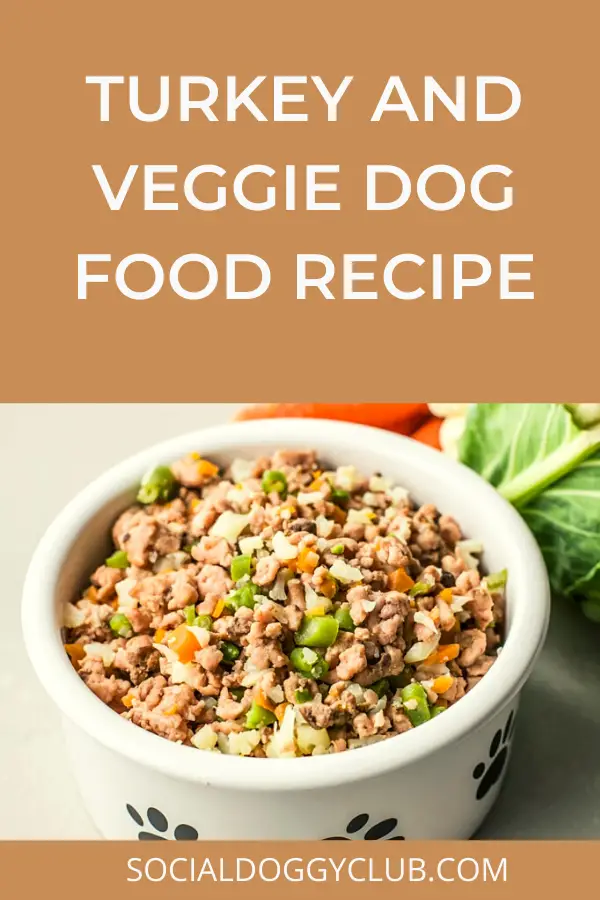
2. Sweet Potato-Pea-Quinoa-Banana
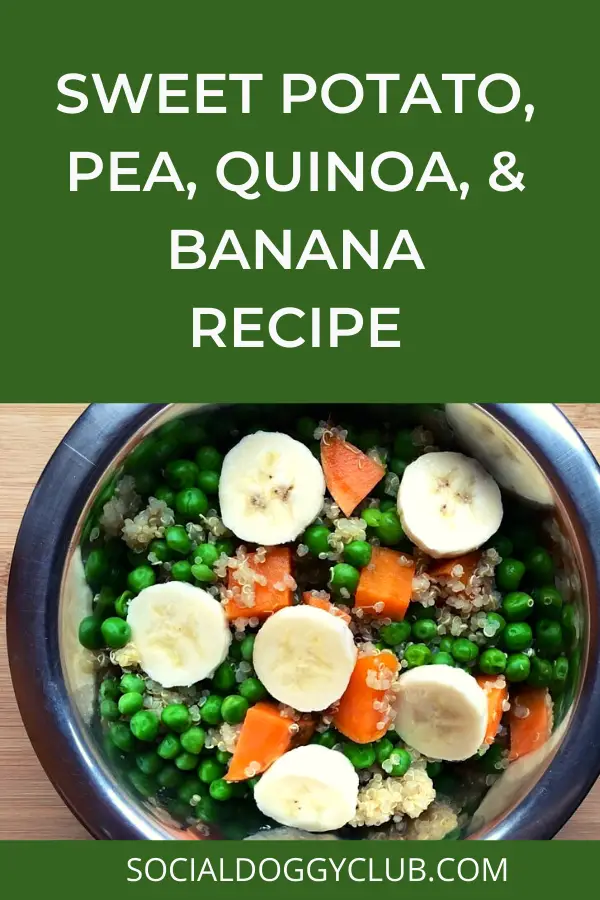
3. Homemade Beef Stew For Dogs
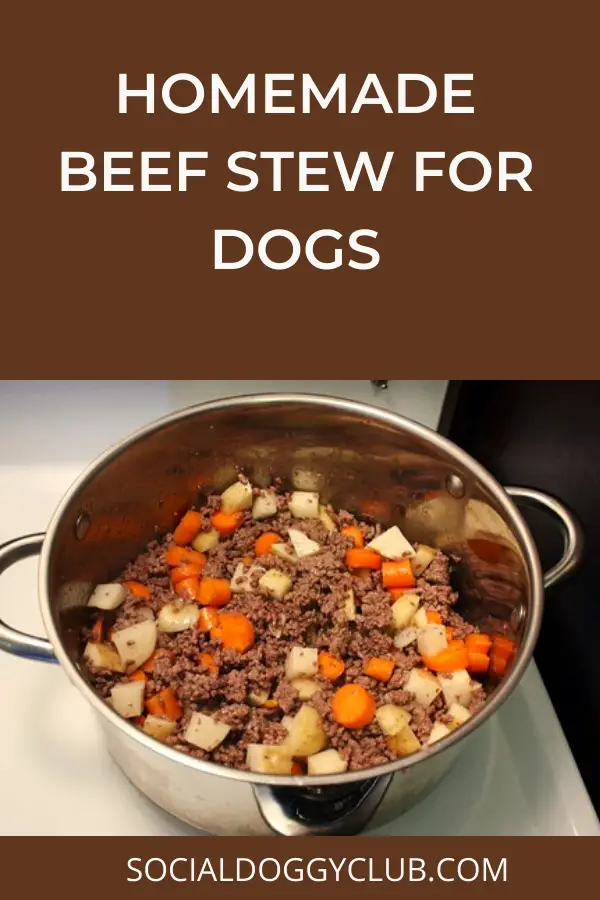
4. Doggy Meat Loaf
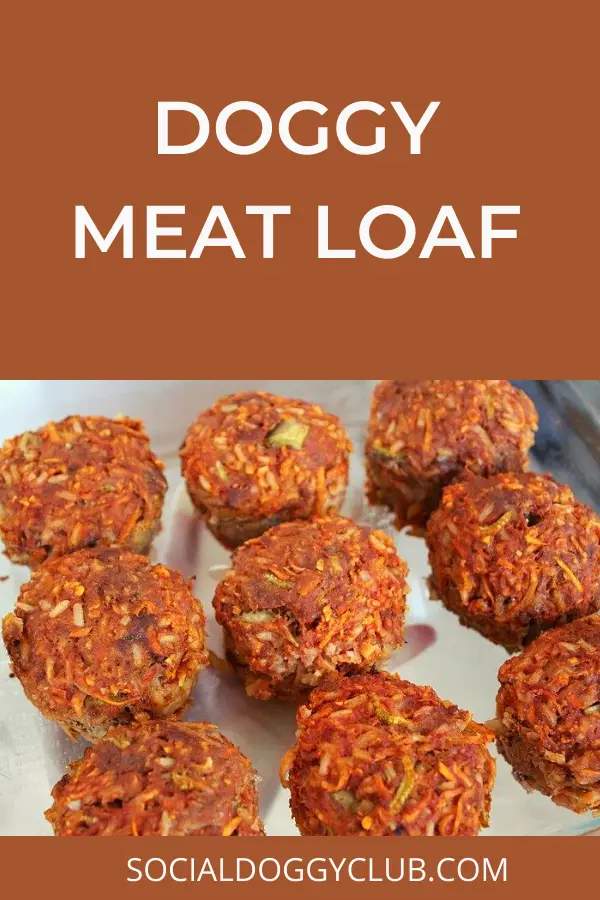
5. Crockpot Chicken Dog Food Recipe
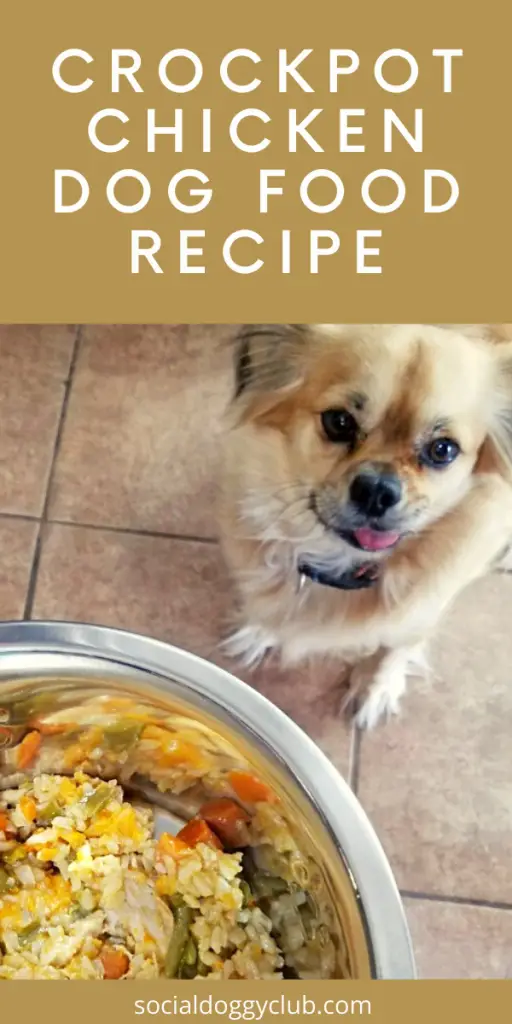
6. Turkey Loaf Recipe For Dogs
